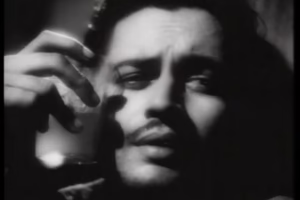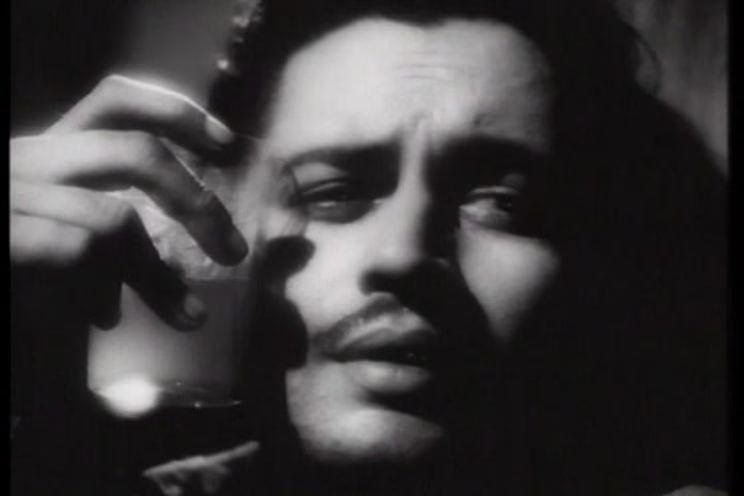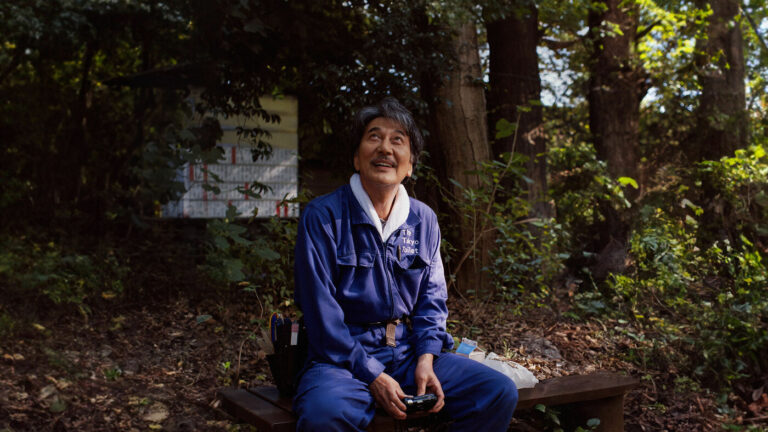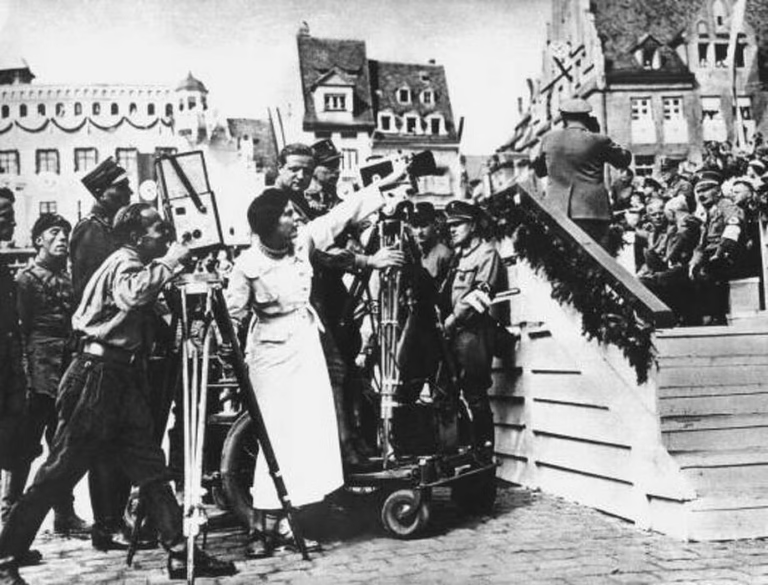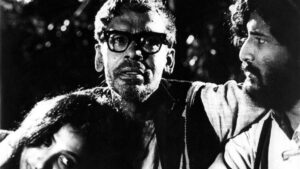Watching Endless Poetry is like stepping into a world where memories refuse to be quiet, where the past is alive and singing, and where life is a stage lit by surreal colors. From the first moment, Alejandro Jodorowsky makes it clear: this is not just a story, this is a feeling, an experience, a call to live without fear.
I press play, and the film unfolds like a living dream.
The Oppression of Childhood
The first scenes take me to Jodorowsky’s childhood home, where everything feels stiff, exaggerated, theatrical. His father looms like a dictator, barking orders, demanding strength, shaming his son for being sensitive, for being different. His mother, in contrast, sings every line as if life were an opera—a strange, beautiful, and haunting presence.
I feel the weight of this house. The way it crushes Alejandro’s spirit, the way it tells him who he is supposed to be. I recognize that feeling—the suffocation of expectations, the loneliness of being unseen. The walls of the shop his family owns feel like a cage. And yet, there is poetry in them, waiting to escape.
When young Alejandro (played by Jeremias Herskovits) discovers poetry, I feel something shift. He has found a crack in the walls of his prison.
Breaking Free into Art
As teenage Alejandro (now played by Adan Jodorowsky, the director’s son) enters the bohemian world of Santiago, the film erupts in movement. The rigid, suffocating home is gone, replaced by wild, unpredictable poetry. The structure of the film mirrors this transformation—it stops feeling like a straightforward narrative and becomes a series of chaotic, beautiful episodes, each one a step deeper into art.
I watch as Alejandro walks through the streets of Santiago, where life and poetry are inseparable. He meets poets, rebels, and misfits who pull him further into this strange, limitless world. Everything is heightened: the gestures, the words, the colors. The camera moves through these scenes as if floating, unbound by the laws of reality.
Then comes Stella Díaz Varín. She crashes into the film with the force of a storm—violent, passionate, terrifying, magnificent. She is poetry in human form. I feel the fire in her, the danger. Their relationship is not romance; it is war, it is transformation. She pushes Alejandro past his limits, forcing him to abandon fear, to live without compromise.
This is not a typical coming-of-age story. It is not about becoming someone—it is about un-becoming everything that was forced upon you.
Time Folds: The Presence of the Older Jodorowsky
And then, the film does something we do not expect. The real, older Alejandro Jodorowsky appears in the scene, standing beside his younger self. He whispers in his ear, guiding him, warning him, challenging him. He looks at his past with tenderness, with regret, with wisdom.
I have never seen this in a film before. Time is collapsing. The past and present exist together. I wonder—what would it be like to speak to my younger self? To walk through my own memories, not as a spectator, but as a participant?
The film invites me into this feeling, this impossible dream.
A Farewell That Is Not an Ending
As the film nears its conclusion, Alejandro is ready to leave Chile, to step into his future. His family lines up, waving in a surreal, choreographed goodbye. It is sad, but it is also artificial, like a ritual more than a reality.
I understand what Jodorowsky is doing here—this is not a memory, this is the feeling of a memory. That strange mixture of love, loss, and distance.
Then, he is gone. But the poetry remains. It was never just about words—it was about how he saw the world.
The credits roll, and I sit in silence. I feel as if I have not watched a movie but lived through someone else’s dreams. The structure of the film is not one of logic, but of emotion. It moves the way memory moves—sometimes clear, sometimes chaotic, always alive.
And as Jodorowsky says, “Live your life as if it were a work of art.”
I don’t just hear the words. I feel them.







